IP Protection Rating Definition
The IP (Ingress Protection) rating defines the protection level of a product’s enclosure against the intrusion of solid objects (such as tools, fingers, dust, etc.) and the ingress of water (from condensation, washing, immersion, etc.).
The two digits following “IP” indicate the protection levels for solid objects and water intrusion. The first digit represents the dust protection level, and the second digit represents the water protection level. The higher the number, the higher the protection level.
For example: IP67, where 6 is the dust protection level, and 7 is the water protection level.
Dust Protection Levels
| Number | Protection Range | Description |
|---|---|---|
| 0 | No protection | No special protection against external objects |
| 1 | Prevents ingress of solid objects greater than 50mm | Prevents larger objects like hands from touching internal parts |
| 2 | Prevents ingress of solid objects greater than 12mm | Prevents fingers from contacting internal parts |
| 3 | Prevents ingress of solid objects greater than 2.5mm | Prevents small tools, wires, and similar objects from reaching internal parts |
| 4 | Prevents ingress of solid objects greater than 1.0mm | Prevents small tools, wires, and similar objects from reaching internal parts |
| 5 | Dust protected | Completely prevents external objects from entering; some dust may enter but does not affect operation |
| 6 | Dust tight | Completely prevents dust and external objects from entering |
Water Protection Levels
| Number | Protection Range | Description |
|---|---|---|
| 0 | No protection | No special protection against water or moisture |
| 1 | Prevents dripping water | Vertical water drops (such as condensation) will not cause damage |
| 2 | Prevents water ingress at 15-degree tilt | Water will not cause damage when the device is tilted up to 15 degrees |
| 3 | Prevents water spray | Protection against rain or water sprayed at an angle less than 60° from the vertical |
| 4 | Prevents water splashes | Protection against water splashes from any direction |
| 5 | Prevents water jets | Protection against water jets from any direction |
| 6 | Protection against heavy seas | Protection against damage from large waves when mounted on a deck |
| 7 | Protection against immersion | Protection against immersion in water for a specified duration at a specified depth |
| 8 | Protection against submersion | Protection against continuous immersion in water under specified conditions |
Detailed Definitions and Testing Methods for Water Protection Levels
Common standards for reference: IEC 60529, GB 4208, GB/T 10485-2007, DIN 40050-9, ISO 20653, ISO 16750.
IPX1: Vertical Drip Test
Equipment: Drip test device
Sample Placement: Sample placed on a rotating platform with the top no more than 200mm from the drip source.
Test Conditions: Drip rate of 10.5mm/min for 10 minutes.IPX2: 15-degree Tilt Drip Test
Equipment: Drip test device
Sample Placement: Tilt the sample to a 15-degree angle, ensuring the top is no more than 200mm from the drip source.
Test Conditions: Drip rate of 30.5mm/min for 10 minutes.IPX3: Rain Test
a. Swing Pipe Rain Test: Water flow calculated based on the number of spray holes on the swinging pipe. The sample is subjected to a continuous 10-minute rain shower.
b. Sprayer Rain Test: A handheld water spraying device is used to test the sample for a minimum of 5 minutes.IPX4: Splash Test
a. Swing Pipe Splash Test: Water is sprayed from all directions for 10 minutes.
b. Sprayer Splash Test: Similar to the rain test, but with water sprayed in all directions.IPX4K: Pressure Swing Pipe Rain Test
Equipment: Swing pipe rain device with water flow of 0.6±0.5L/min.
Test Conditions: Water pressure of 400kPa for 5 minutes.IPX5: Jet Spray Test
Equipment: Nozzle with a diameter of 6.3mm.
Test Conditions: Water flow of 12.5L/min for a minimum of 3 minutes.IPX6: Powerful Jet Spray Test
Equipment: Nozzle with a diameter of 12.5mm.
Test Conditions: Water flow of 100L/min for a minimum of 3 minutes.IPX7: Short Immersion Test
Equipment: Immersion tank with a minimum depth of 1m and a water surface distance of at least 0.15m from the sample.
Test Conditions: Sample immersed in water for 30 minutes.IPX8: Continuous Submersion Test
Equipment and Conditions: To be agreed upon by both parties, the test should be more stringent than IPX7.IPX9K: High-Pressure Jet Spray Test
Equipment: Nozzle with a diameter of 12.5mm.
Test Conditions: Water flow of 14-16L/min with a pressure of 8000-10000kPa for 120 seconds at four angles.

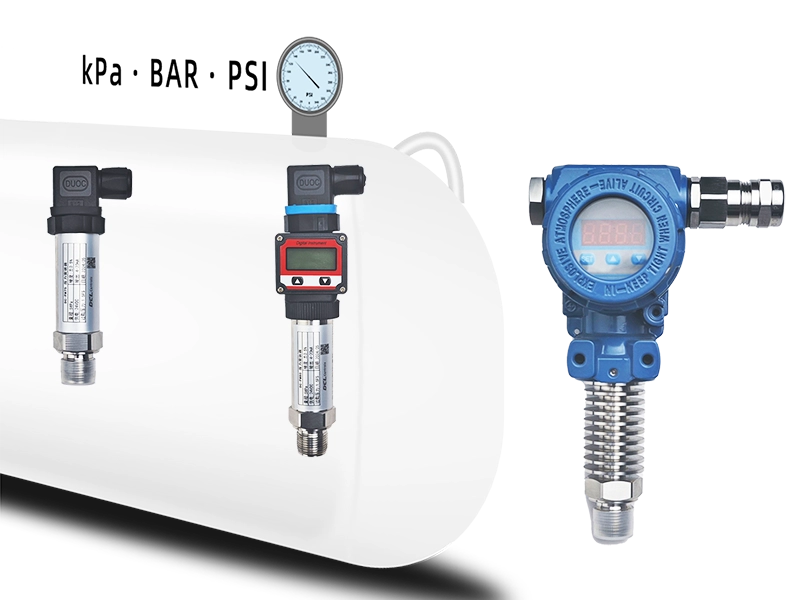
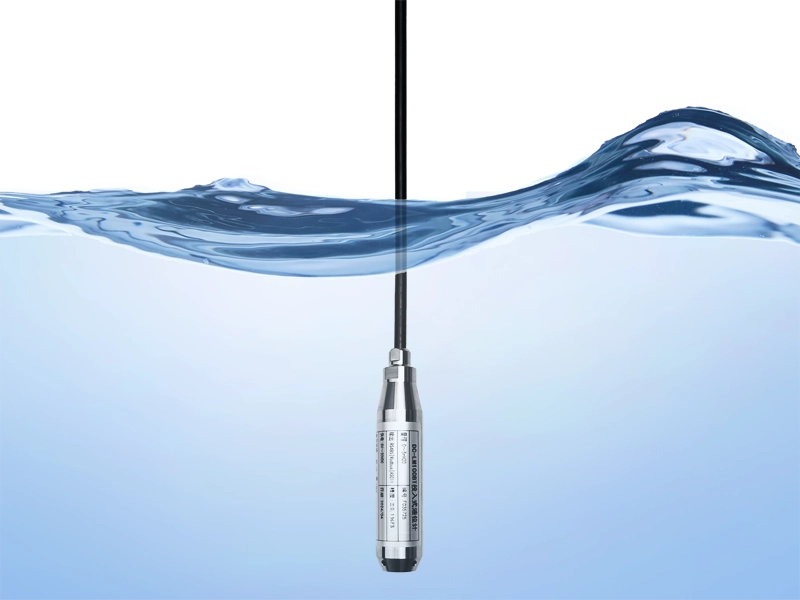





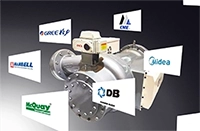


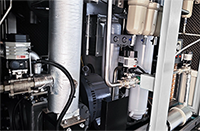



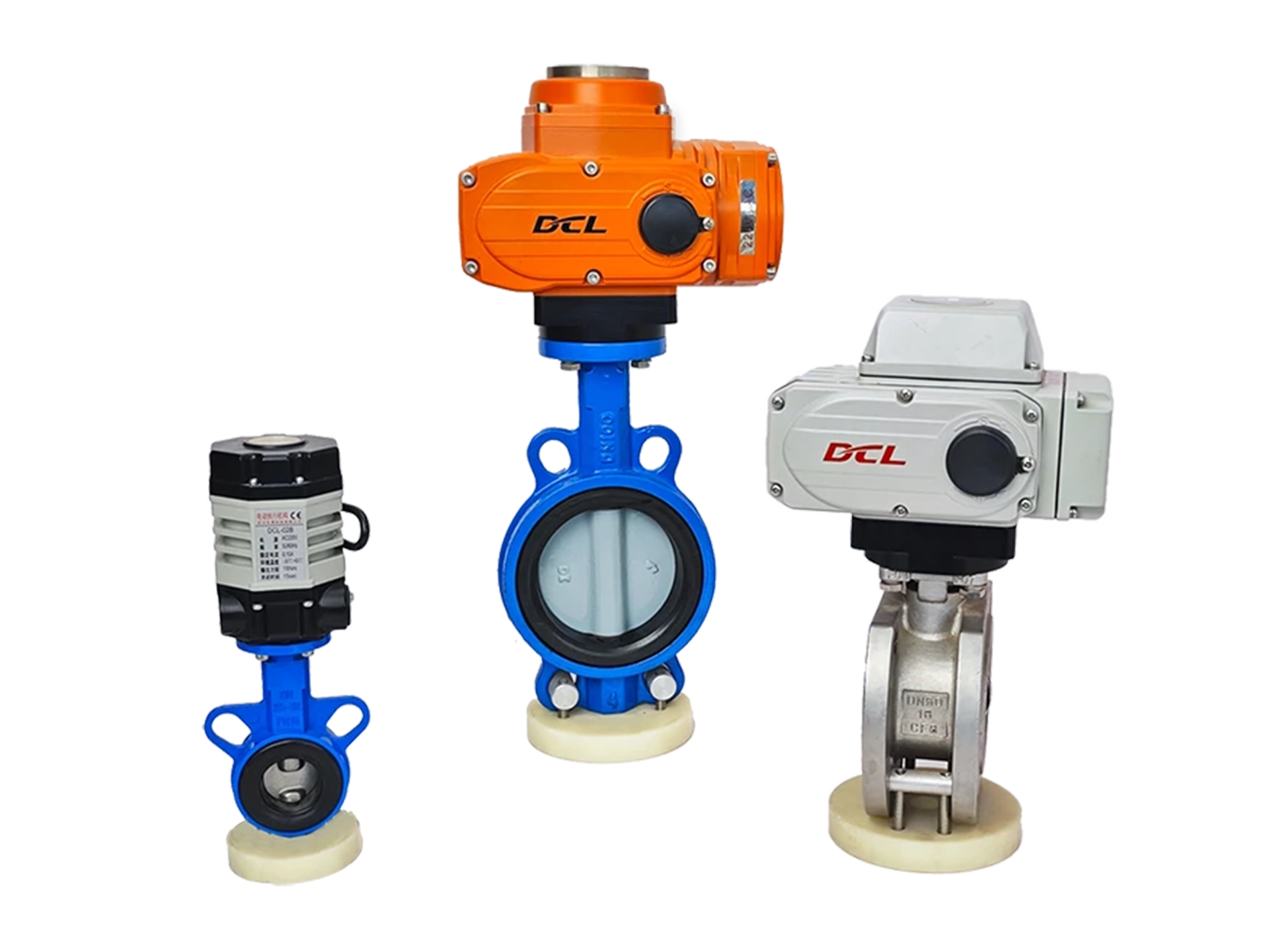












 鄂公网安备 42018502006527号
鄂公网安备 42018502006527号